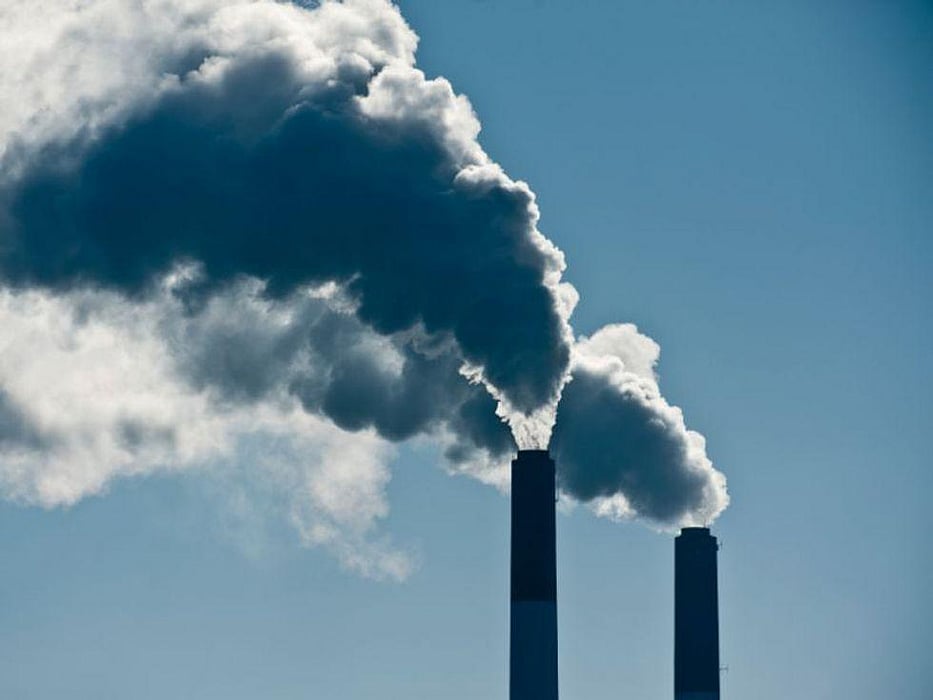Biden Administration Moves to Cut Methane Emissions That Threaten Climate, Health

TUESDAY, Nov. 2, 2021 (HealthDay News) -- A new rule to sharply cut methane emissions and other oil and gas industry air pollutants that harm health and contribute to climate change is in the works.
The new Clean Air Act rule proposed Tuesday by the U.S. Environmental Protection Agency would cut 41 million tons of methane emissions between 2023 and 2035. That is the equivalent of 920 million metric tons of carbon dioxide -- more than the carbon dioxide produced by all U.S. passenger cars and commercial aircraft in 2019.
In 2030 alone, the proposed rule would reduce methane emissions from targeted sources by 74 percent compared with 2005, according to the EPA. The agency noted that one-third of current warming from greenhouse gases is due to human-produced emissions of methane, a potent greenhouse gas that traps about 30 times as much heat as carbon dioxide over a century.
The oil and natural gas industry is a major focus of the proposed rule. In the United States, it is the largest industrial source of methane emissions, spewing more methane into the air than the total of all greenhouse gases produced by 164 countries combined, the EPA said. Oil and natural gas operations also emit smog-forming volatile organic compounds and toxic air pollutants such as benzene that harm people's health.
The EPA noted that oil and gas industry air pollution can occur in or near communities where people live, work, and go to school. That includes minority and low-income communities, which are especially vulnerable to the effects of climate change. Based on an analysis of populations exposed to oil and gas pollution, the proposed rule is likely to reduce these harmful impacts, according to the EPA.
"With this historic action, EPA is addressing existing sources from the oil and natural gas industry nationwide, in addition to updating rules for new sources, to ensure robust and lasting cuts in pollution across the country," EPA administrator Michael Regan said in an agency news release. "By building on existing technologies and encouraging innovative new solutions, we are committed to a durable final rule that is anchored in science and the law, that protects communities living near oil and natural gas facilities, and that advances our nation's climate goals under the Paris Agreement."
Related Posts
Could Binge Drinking Set Your Heart Rhythm Off-Kilter?
THURSDAY, Jan. 13, 2022 (HealthDay News) -- Binge drinking on Super Bowl Sunday...
¿Las dietas vegetarianas son saludables para los niños en crecimiento?
LUNES, 2 de mayo de 2022 (HealthDay News) -- Las dietas vegetarianas son una...
¿Una forma sencilla de potenciar las habilidades de lectura de los niños?
VIERNES, 21 de octubre de 2021 (HealthDay News) -- Una pequeña adaptación podría...
